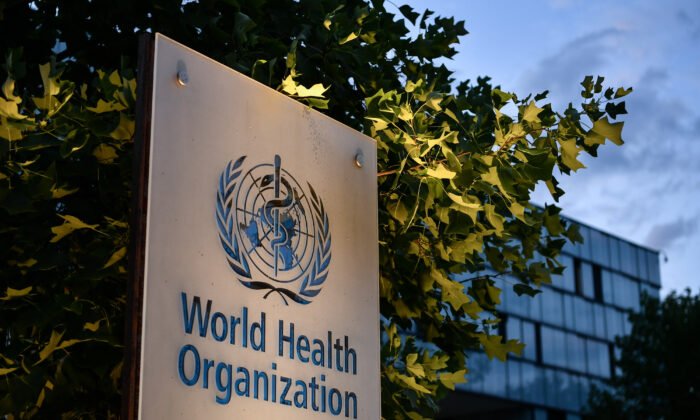Call for Australian Government to Facilitate a Transparent and Inclusive Discussion on WHO Pandemic Treaty
In a press conference held in Melbourne, Australia, emeritus professor Ramesh Thukar emphasized the importance of putting the proposed pandemic treaty on hold for further scrutiny.
The Albanese government is facing calls to engage in public and parliamentary discussions on the potential implications of the treaty, with concerns that Australia’s sovereignty could be compromised under the legally binding global agreement.
As the 194 member states of the World Health Organisation (WHO) prepare to convene at the 77th World Health Assembly meeting on May 27 to discuss the treaty, it has sparked debate among Australian politicians. A group of 14 politicians have penned an open letter to the prime minister urging caution before signing the treaty.
Professor Thukar, a former assistant secretary general of the United Nations, highlighted the risks of excessive centralization and control by the WHO under the proposed treaty. He stressed the need for a thorough public and parliamentary debate before moving forward with the agreement.
The pandemic treaty, originally scheduled for delivery on March 29, has seen delays, with final amendments to the International Health Regulations (IHR) pending. In addition to the treaty, the WHO is pursuing changes to the current IHR to enforce binding recommendations, including granting the WHO director-general the authority to impose mandates such as vaccine requirements and border closures.
While Professor Thukar acknowledged the need for multilateral solutions to global challenges, he insisted on pausing the treaty to allow for more careful consideration and robust debate.
At the same press conference, concerns were raised about potential threats to sovereignty and democratic processes under the proposed treaty. Dr. David Bell, a former WHO medical officer, echoed Professor Thukar’s sentiments, cautioning against uniform policies that may not be suitable for diverse populations.
However, Dr. Ashley Bloomfield of the WHO’s Working Group on Amendments to the International Health Regulations (WGIHR) disputed claims of potential overreach by the WHO, emphasizing that any recommendations would remain non-binding.
As discussions continue on the treaty’s implications for Australia’s sovereignty and legal obligations, the debate underscores the complex interplay between global health governance and national autonomy.



